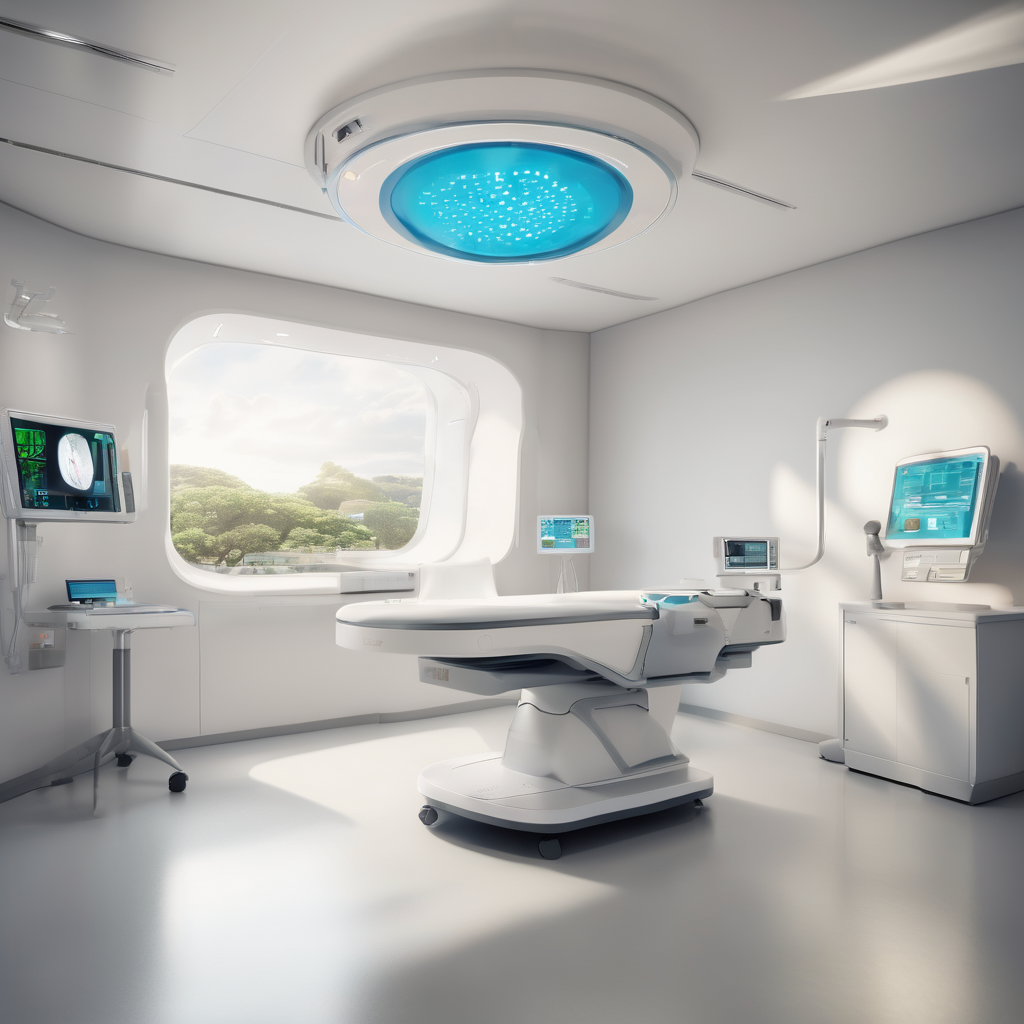Fiji is facing a significant health challenge with rising cancer rates and high mortality associated with the disease. Senior surgeon Dr. Josese Turagava has emphasized that the installation of a radiation therapy machine and a Thermoacoustic Tomography (TAT) scanner could drastically reduce cancer deaths in the nation. During the recent Fiji Oncology conference at the Holiday Inn, Dr. Turagava urged the Fijian government to invest in these critical machines to improve early cancer detection and treatment methods.
For more than two decades, the discussion around breast cancer and other malignancies has highlighted a notable gap in radiotherapy services in Fiji. Dr. Turagava pointed out that the absence of these machines results in late-stage diagnoses, which contribute to the high death toll from cancer in the country. He stated, “If the Government can spend a little bit more on these machines, we can save about 20 to 30 percent of cancer patients,” showcasing the potential impact of timely interventions.
Assistant Health Minister Penioni Ravunawa has indicated that plans are underway to engage private investors for the installation of radiotherapy machines in local hospitals. This initiative, if realized, would provide much-needed treatment options for cancer patients who currently face the burden of traveling abroad for radiotherapy, as the service remains largely inaccessible locally.
These developments come in the context of rising cancer incidences in Fiji, a crisis acknowledged by Health Minister Dr. Atonio Lalabalavu, who has noted the increasing prevalence of cancer across demographic lines. He has previously conveyed the government’s ongoing efforts to improve cancer management, which includes a public-private partnership aimed at establishing a radiotherapy center at Lautoka and Ba Hospitals. The minister has reiterated that reviewing and updating the Radiation Health Act of 2009 is a critical step in facilitating the introduction of these essential services.
The discussions around enhancing cancer treatment ties into a broader narrative that emphasizes collective action against the disease. Efforts include improving public awareness about cancer symptoms and the importance of early detection, which are vital to reversing the trends of rising cancer mortality.
There is a growing sense of optimism amid these initiatives, as community engagement and grassroots efforts increasingly focus on early detection and improved patient education. With ongoing collaboration between healthcare professionals, government agencies, and community organizations, Fiji can work towards a healthier future and a more proactive strategy for cancer care.
